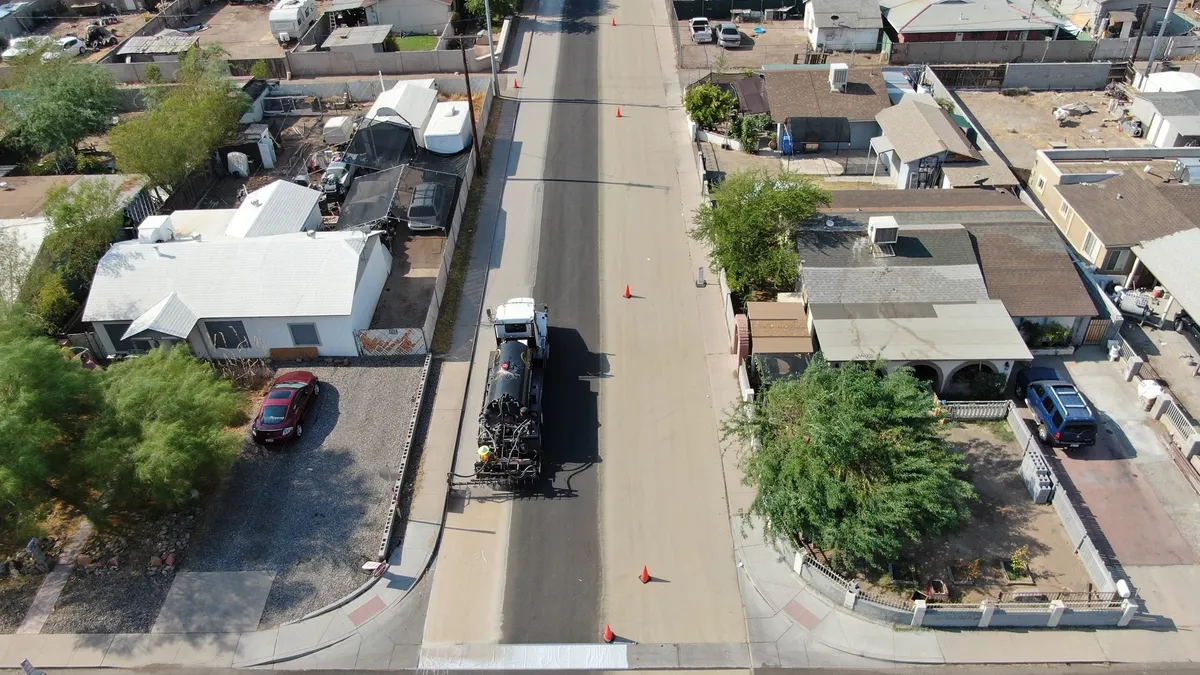Dive Brief:
- The World Bank announced that it will invest $200 billion between 2021 and 2025 to help countries take action against climate change, doubling the body’s current five-year investment plan established after the 2015 Paris climate change agreement.
- The money is targeted at climate adaptation and resilience, reflecting the impact that climate change has already taken, especially in developing nations.
- Some of the money will be used to help 100 cities on resilient urban planning and transit-oriented development that can reduce vehicle use. The World Bank will develop a new rating system to track adaptation progress, including supporting better forecasting systems and climate information services, and finance climate-responsive social protection and smart agriculture systems.
Dive Insight:
The announcement comes weeks after the release of the Fourth National Climate Assessment from 13 U.S. government agencies, which warned of dire consequences from climate change. More extreme storms could threaten coastal cities, the report warned, while rising temperatures could impact everything from agriculture to transportation.
The report also reinforced the need for governments to adapt to inevitable changes regardless of how quickly the world reduces greenhouse gas emissions. The World Bank funding for the first time puts those efforts on equal footing with carbon emission reductions. The money earmarked for cities will help to develop planning strategies that will prepare for rising sea levels or wild temperature swings, especially in developing nations where capital may be harder to come by. The adaptation money will also be used for energy efficiency and better land use management projects.
The World Bank earlier this year provided $20.5 billion in climate change funding, meeting its 2020 funding target two years ahead of schedule. Half of the new investment will come from direct finance from the World Bank, and the rest will come from the International Finance Corporation, the Multilateral Investment Guarantee Agency and from the private sector.
“We are pushing ourselves to do more and to go faster on climate and we call on the global community to do the same,” World Bank president Jim Yong Kim said in a statement. “This is about putting countries and communities in charge of building a safer, more climate-resilient future.”










